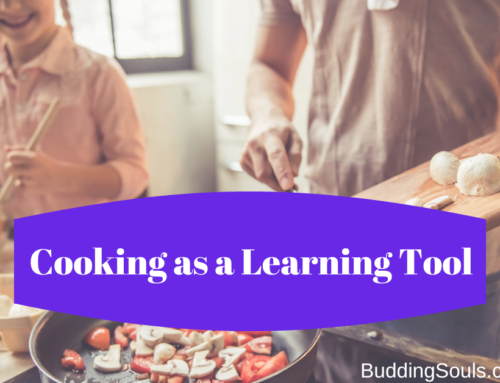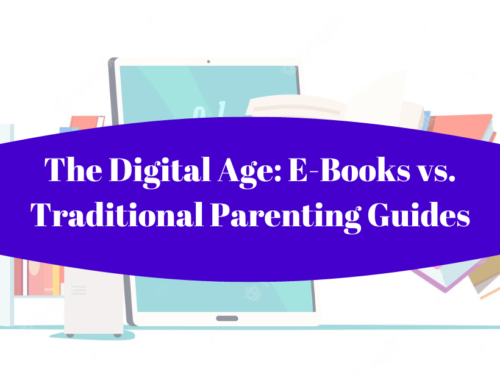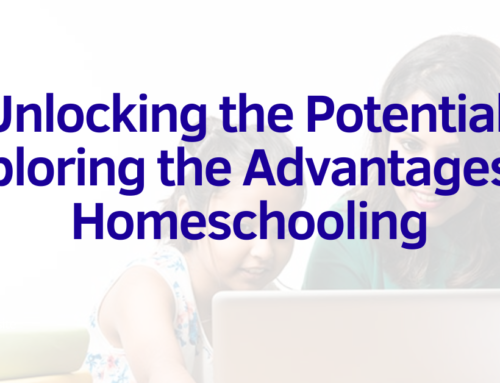Reading with Kids: How to Use Children’s Books as Parenting Tools
As parents, we are always on the lookout for effective tools to help us navigate the joys and challenges of raising our children. While there is no shortage of parenting advice and resources, one timeless and invaluable tool often gets overlooked: children’s books. In this post, we’ll explore how reading with kids can be a powerful parenting tool, offering valuable life lessons, promoting emotional development, and strengthening the parent-child bond.
The Magic of Children’s Books
Children’s books are more than just entertaining stories; they are windows into a world of imagination, learning, and growth. When used intentionally, they become tools that parents can wield to support their child’s development in various ways:
1. Fostering a Love for Reading: By introducing children to books at an early age, parents can instill a lifelong love for reading. This love for reading not only supports academic success but also encourages a curious and inquisitive mind.
2. Teaching Values and Morals: Many children’s books are filled with valuable life lessons and moral stories. They provide opportunities for parents to discuss important topics like honesty, kindness, empathy, and resilience.
3. Emotional Development: Stories can be mirrors that reflect a child’s own emotions and experiences. Reading together allows parents to have meaningful conversations about feelings, helping children develop emotional intelligence and learn to express themselves.
4. Expanding Horizons: Children’s books often explore different cultures, experiences, and perspectives. This can broaden a child’s understanding of the world and promote tolerance and acceptance.
5. Enhancing Language Skills: Reading aloud with children is an excellent way to boost their vocabulary, language comprehension, and listening skills. It can also ignite their creativity and imagination.
How to Use Children’s Books as Parenting Tools
Now that we understand the potential of children’s books as parenting tools, let’s explore how to make the most of this wonderful resource:
1. Start Early: Introduce books to your child from infancy. Even before they can understand the words, the experience of hearing your voice and looking at pictures lays a foundation for future reading habits.
2. Choose Age-Appropriate Books: Select books that are suitable for your child’s age and development. This ensures that the content is engaging and relevant.
3. Engage Actively: Reading is not just about the words on the page. Ask open-ended questions, encourage your child to predict what happens next, and discuss the story’s themes and characters.
4. Create a Reading Routine: Establish a regular reading time, such as before bedtime. Consistency helps build anticipation and a sense of security.
5. Build a Diverse Library: Include books from various genres, cultures, and perspectives in your child’s library. This promotes curiosity and empathy.
6. Be a Role Model: Let your child see you reading and enjoying books. Children often imitate their parents’ behaviors.
7. Visit Libraries and Bookstores: Make trips to the library or bookstore an exciting outing. Let your child choose books that pique their interest.
8. Adapt to Your Child’s Preferences: While it’s great to introduce a variety of books, be flexible and adapt to your child’s preferences. If they have a favorite book they want to read repeatedly, that’s okay too.
Recommended Children’s Books
Here are some classic children’s books that have stood the test of time and can serve as excellent parenting tools:
- “Where the Wild Things Are” by Maurice Sendak: A story about imagination, emotions, and the comfort of returning home.
- “The Very Hungry Caterpillar” by Eric Carle: A delightful book that teaches counting, days of the week, and the transformation of a caterpillar into a butterfly.
- “The Snowy Day” by Ezra Jack Keats: An exploration of the magic of a snowy day and the wonder of childhood.
- “Love You Forever” by Robert Munsch: A heartwarming story about the enduring love between a parent and child.
- “Oh, the Places You’ll Go!” by Dr. Seuss: A motivational book that inspires children to embrace life’s adventures.
In Conclusion
Children’s books have the power to shape young minds and hearts, making them invaluable parenting tools. By incorporating reading with kids into your daily routine and choosing books that align with your child’s age and interests, you can create a strong foundation for their cognitive, emotional, and moral development. Reading with your child is not just a shared activity but a profound bonding experience that can last a lifetime. So, pick up a book, snuggle up, and embark on the journey of parenthood one story at a time.





